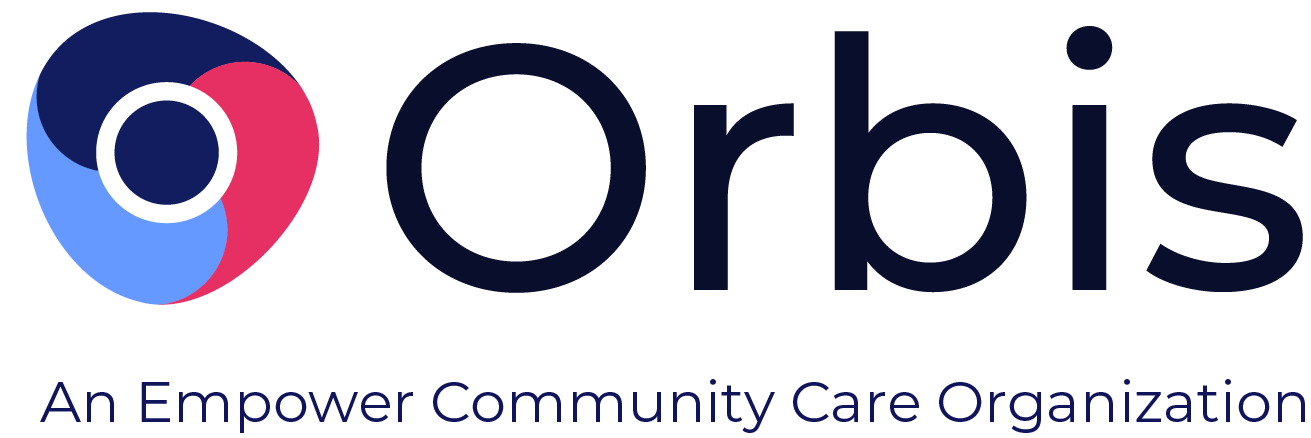Every day in the U.S., one in five children are struggling with significant mental health issues. These diagnoses take many different forms— attention deficit disorder, depression, and anxiety are among the most common— but all of them, left untreated, have the potential to cripple the opportunities of childhood. By only age eight, 14% of youth will have developed a mental, behavioral, or developmental disorder; just over half of these children will receive the treatment they need. But unaddressed mental health issues increase the likelihood that treatable diseases will become chronic, leading to cycles of mental health struggles throughout adulthood; in fact, untreated mental health problems cost Americans billions each year in lost earnings. Even before reaching adulthood, youth with a mental health condition are at higher risks of developing co-occurring disorders, like substance abuse issues, and dropping out of school— grievously, suicide is the third-leading cause of death among Americans aged 10-14.
A Concentrated Problem
Within the juvenile justice community, youth are particularly vulnerable to mental health challenges. While about 20% of American children struggle with a mental health issue, research suggests that 50-75% of youth in the juvenile justice system meet the criteria for at least one mental health disorder. This can become a vicious cycle for involvement in the justice system—mental health struggles can contribute to co-occurring disorders, like substance abuse, that increase the likelihood of reappearance in court and sentencing. Among diagnosed youth in the juvenile justice population, the most common disorders are depression, ADHD/ADD, and PTSD, as well as a swath of conduct and behavioral disorders—yet finding treatment within the juvenile justice system can be frustratingly difficult.
Throughout the 1990s, public mental health services designed for young Americans were shrinking, both in funds and in the number of service providers. As a response, states across the country began viewing their juvenile justice systems as opportunities to provide treatment, rather than mere punishment, to youth in need. This led to juvenile detention facilities focusing on the provision of counseling, group therapy, and other services to incarcerated youth. Yet this strategy proved largely ineffective. In multiple studies, the U.S. Department of Justice reviewed juvenile justice facilities and found that mental healthcare access was either inadequate or entirely absent. This is the result of overburdened facilities, insufficient resources, lack of staff training, and understaffing of qualified therapists and mental health professionals. If vulnerable youth can’t receive effective treatment in juvenile justice facilities, what are the other options for young people struggling with mental disorders?
Finding a Mental Health Treatment That Works
There are many different types of mental health interventions for both youth and adults alike. However, it is important to know what treatment is appropriate and effective for the juvenile based on their mental health needs. Rather than treatment as usual, with all of its various drawbacks and complications, a different type of effective, evidence-based mental health tool has gained traction: Web MAYSI-2. This tool was built by Orbis Partners in collaboration with the National Youth Screening and Assessment Partners (NYSAP). “MAYSI-2 has been serving the juvenile justice community for over fifteen years, having become the most widely-used mental health screening tool in juvenile justice settings,” said Thomas Grisso, Ph.D., Vice President at NYSAP.
Web MAYSI-2 is a cloud-based screening tool used to help juvenile justice programs quickly identify special mental health needs in youth. This tool is administered in juvenile probation, diversion programs, and intake in juvenile detention or corrections. Additionally, Web MAYSI-2, deployed in over 250 juvenile justice organizations, is best suited to assess youths 12 through 17 years old who may have important, pressing behavioral health needs. "It is imperative to identify mental health needs quickly so that youth receive safe and effective treatment," said Josh Glade, Co-CEO of Empower Community Care, the parent company of Orbis Partners.
Orbis Partners provides solutions for criminal justice and human services systems, specializing in designing and implementing services for at-risk client groups. Orbis offers a unique blend of programs and services including innovative case management software applications, evidence-based interventions, and effective risk assessment tools. For more information about assessment tools related to youth mental health, visit our Youth Mental Health Assessment page by clicking here.


